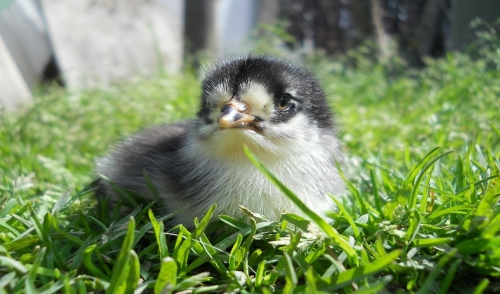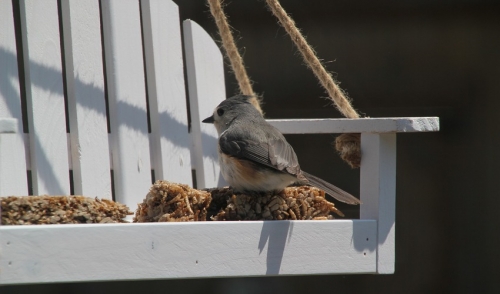Learning About Different Bird Seeds
There are many different types of birdseed, but which is best for your birds and feeders? Understanding the different options and which birds prefer them can...

Mites and lice can be troublesome parasites in any chicken flock, causing a range of problems and decreasing the flock's productivity. Recognizing a parasite infestation and understanding how these pests flourish can help you more easily control them, however, and keep your flock comfortable and pest-free.
Where Mites and Lice Flourish
Mites and lice thrive in damp conditions with plenty of organic material – dead skin cells, feces, shed feathers, etc. – available to eat. Mites prefer cracks or niches in wood, and lice may also enjoy deep grasses and weeds. Either pest may also flourish in damp bedding. Wherever these conditions persist, whether in a chicken coop or in adjacent fields, these pests can grow to overwhelming numbers and quickly infect a flock.
Signs of a Flock Infestation
It may be difficult to see mites or lice in the coop or the general area where your chickens live, but you can find signs of the pests on the birds themselves. Symptoms of mite and lice infestations include…
The more severe a pest infestation becomes, the more difficult it will be to control. It is best to inspect a flock one or two times a month or even more frequently during hot or damp periods to catch any signs of mites and lice right away.
Easy Ways to Control Mites and Lice
There are a number of techniques that can help manage mites and lice and prevent these pests from getting out of control. To keep your chickens pest-free and comfortable, try…
Mites, lice and similar biting pests can be trouble even for a healthy flock, but if you understand the symptoms of pest infestations and how they thrive, you can take simple steps to keep your chickens safe and healthy.

Use this coupon to receive 20% Off all in-stock vegetable & flower seeds.
Must present coupon at time of purchase. Not valid with any other discounts or sales.
We currently do not have any events scheduled.

There are many different types of birdseed, but which is best for your birds and feeders? Understanding the different options and which birds prefer them can...
Comments